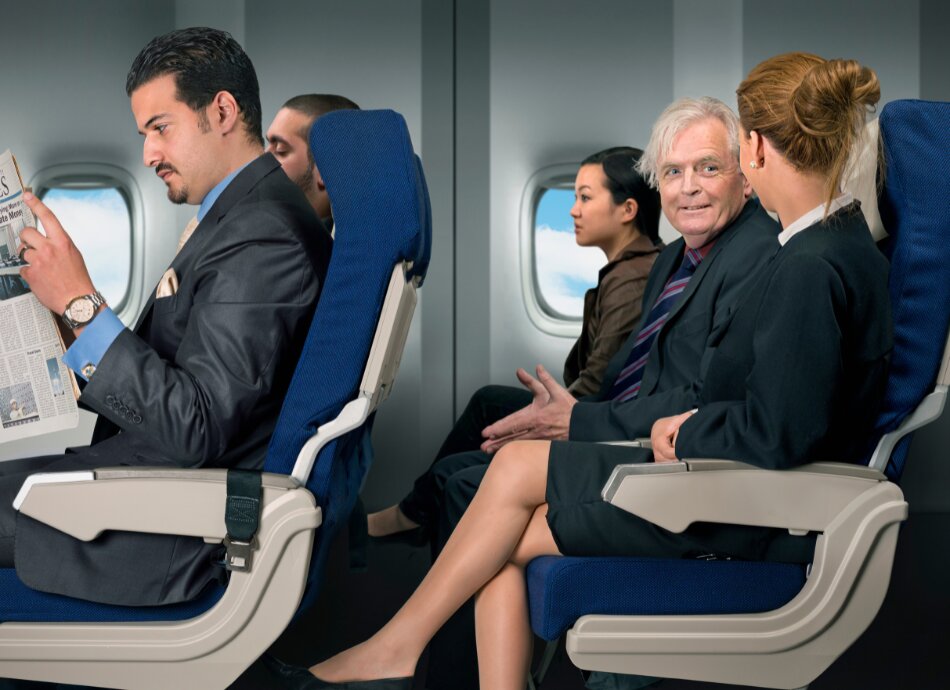- Try to carry your medicines and medical equipment (needles, syringes and so on) in their original, correctly labelled packages.
- Take a written list of your medicines with you. Ask your pharmacist for an updated list. This may be needed at customs or if you need to get medical help while you're away.
- Check the expiry dates of your medicines to make sure they'll be valid while you're away.
- Take enough medicines with you to last the time you'll be away. Pack an extra supply in case your flight is delayed, you are away for longer than expected, or you lose any medicine.
- Have a plan for what to do if you miss a dose. Usually medicines can be taken if you remember them within a certain period of time, but don’t take too much at once. Go over your list of medicines with your doctor, nurse or pharmacist and ask what to do if you miss doses.
- Go over your list of medicines with your doctor, nurse or pharmacist and ask on what to do if you have side effects.
Storage
Some medicines can be kept at room temperature (below 25°C) while others may need to be stored in the fridge. Ask your pharmacist about storing your medicines correctly while you travel. You may need to store some medicines in a thermos flask or insulated cool bag.






